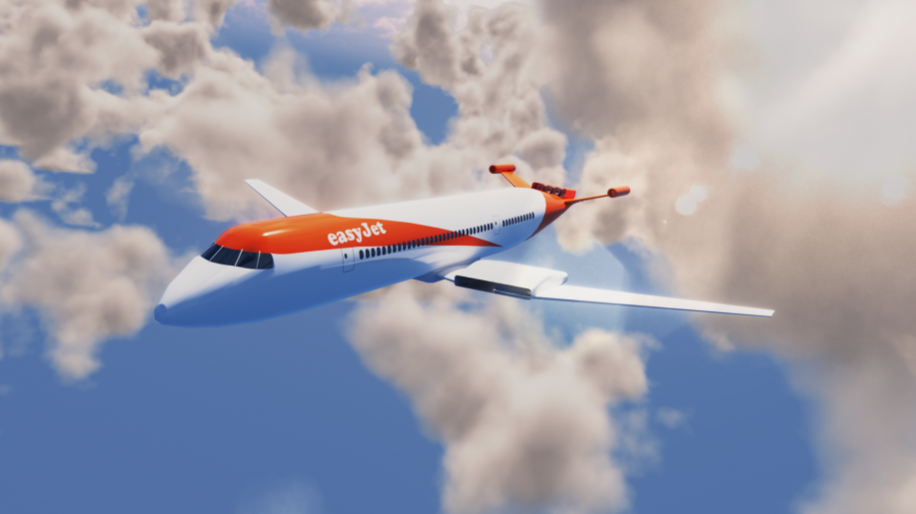
Wright Electric, the US-based start-up partnering with Easyjet on the development of electric aircraft, says it has begun developing an engine for a 186-seat model ahead of planned flight tests in 2023.
It will build a 1.5MW electric motor and a 3kV inverter, as well as conducting aerodynamic tests to help it design a fuselage.
BAE Systems said it is in discussions with Wright about contributing to the development of flight controls and energy management systems.
“Battery technology is advancing at pace with numerous US government agencies now funding research into electric aviation– all of these developments help us to more clearly see a future of more sustainable operations,” said Easyjet CEO Johan Lundgren.
There are more than 200 companies working on electric and hybrid-electric aviation schemes, with legacy manufacturers, engineers and airlines working on projects alongside start-ups.
Rolls-Royce, Airbus and Siemens are working together on the E-Fan X, a two-megawatt, hybrid-electric engine for commercial aircraft. An electric unit will be powered by an onboard generator using jet fuel, which will replace one – and if successful, two – of a plane’s four gas turbine engines.
Meanwhile Airbus and airline SAS are currently collaborating on research into hybrid and electric aircraft. The project is analysing how ground infrastructure and charging requirements will impact the range, resources, speed and availability of the burgeoning technology.
Rolls-Royce’s chief technology officer, Paul Stein, told Business Traveller last year:
“There are many challenges from a technical perspective, from battery life and thermal management to systems integration complexity.
“These technologies also need to meet safety and certification standards in aviation, which are significantly higher than many other applications.”












